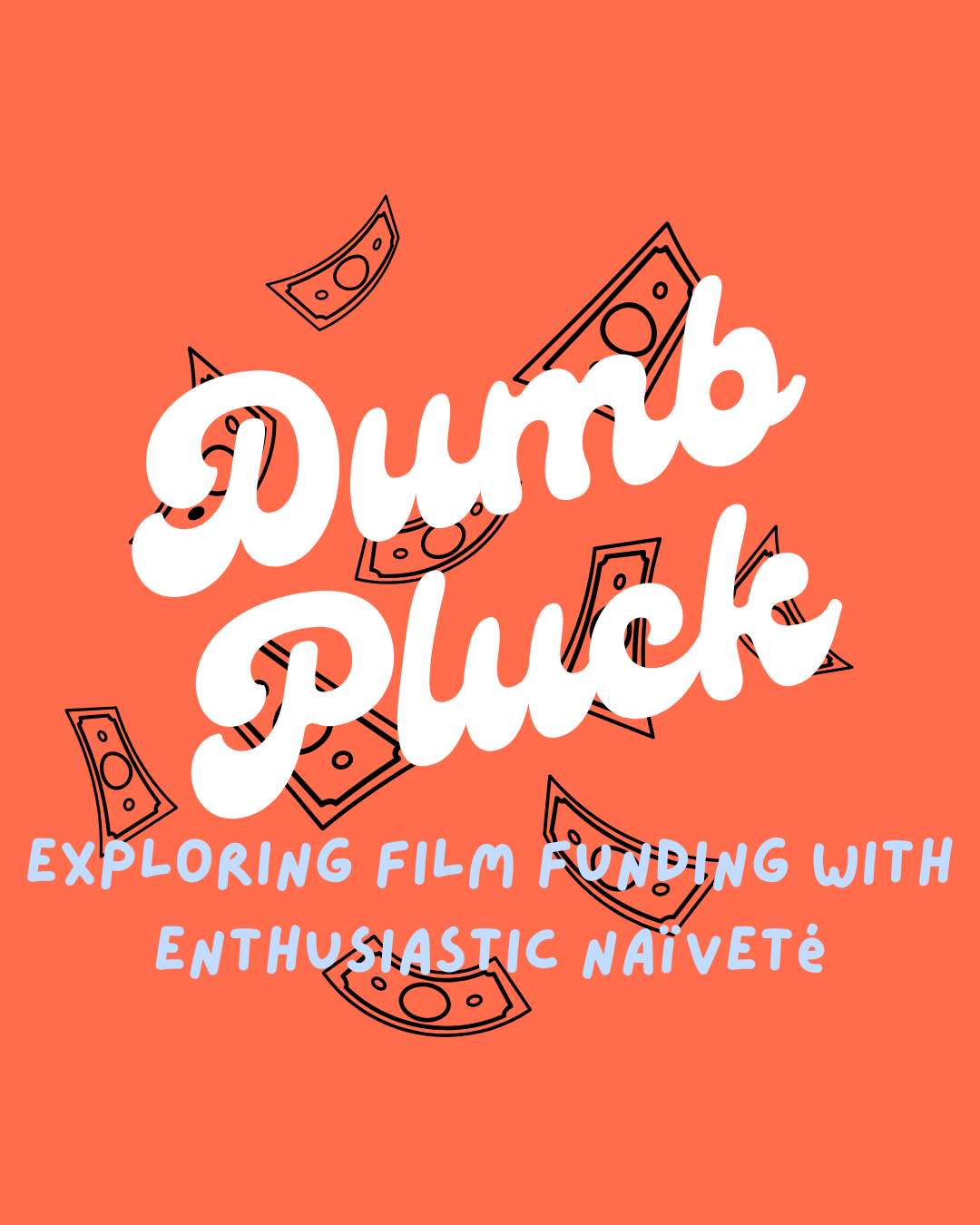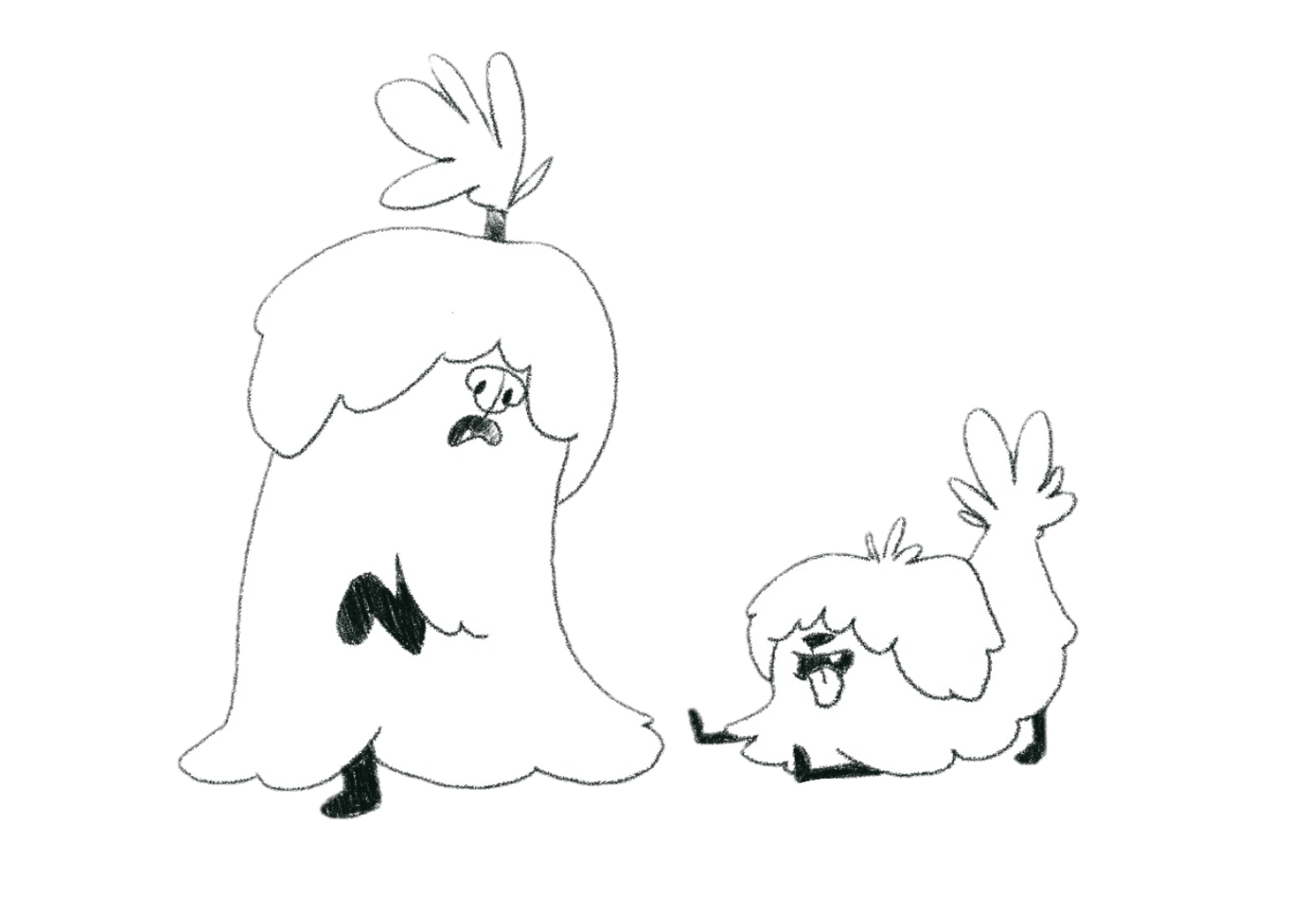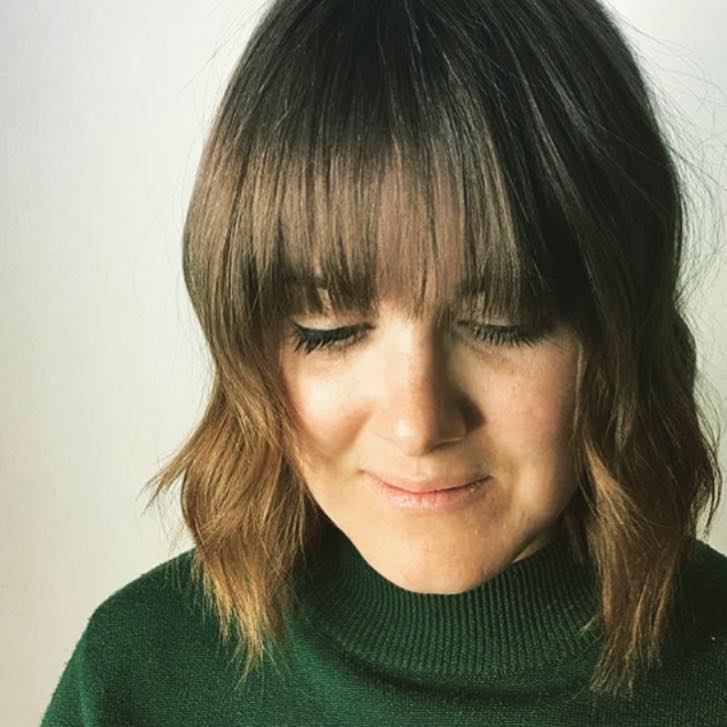We were lucky to catch up with Alyssa Stratton recently and have shared our conversation below.
Alright, Alyssa thanks for taking the time to share your stories and insights with us today. Can you tell us about a time that your work has been misunderstood? Why do you think it happened and did any interesting insights emerge from the experience?
I think I utmost misunderstood and mischaracterized myself. Which is okay most of the time, except when I stood in my own way. As long as I can remember I wanted to be a director, specifically I wanted to be Alfred Hitchcock. I took that so far as attending Film School in London. But when I got there I found I didn’t love to direct and frankly I was crushed. If my whole life had been leading to this, then what did I have now if I didn’t love it? What’s worse is I believed the voices, including those inside of myself, that said I wasn’t good and would never make it. It would take years before I discovered I’d simply taken the wrong path. What took so long was that I truly believed if I wasn’t a talented director than I wasn’t a talented storyteller at all. I believed I had nothing to say. But sometimes all it takes to change that is someone who will listen. After getting a job as a scriptreader I had to essentially Reinact the scripts for the team and then offer ideas for improving them. My coworkers there insisted I was a writer, I seemed to understand story deeply. I insisted this couldn’t be the case. I was not a writer. I was a director who didn’t like directing. Then that company I worked for went under and I was gifted a few, sweet unemployment funded months to try writing. And what came from that was a sample script that got me hired for my first paid job.

Alyssa, love having you share your insights with us. Before we ask you more questions, maybe you can take a moment to introduce yourself to our readers who might have missed our earlier conversations?
I’m a writer who haphazardly fell into Kids’ animation only to find out it was exactly where I belonged. I was lucky to grow up with incredible TV for kids who looked me right in the eye and said, “Your problems matter, your feelings matter, you matter.” It was crazy important for me to pass that sentiment along. But when I started writing preschool TV, I was intimidated, to say the least. I mean, I remember what my worries were when I was 9, but I don’t remember being 4! I felt like writing in a foreign language. So I tried my best to pass along lessons I would want young people to know. Things like confidence and self-expression. But when I had my daughter, I realized she wasn’t an empty vessel to be filled with morals that adults find important. She exploded into the world with more bravery, curiosity, and excitement than I ever remembered having. I quickly realized these things aren’t taught; they’re innate, and sadly, we grow out of them as we age. So my goal switched from teaching lessons to inspiring little brains to embrace the magical qualities they already have.
I’m currently developing a preschool stop-motion series called Poodle Lagoon which will air on youtube. I’m very excited to be creating the type of show I my young daughter wants and deserves. One that feeds her need to explore the big emotions of being a little human. But, I must say, learning how to raise money and develop a series from the ground up is new for me, so I’ve been working through my own big feelings on my substack called Dumb Pluck.
What’s the most rewarding aspect of being a creative in your experience?
I think every artist feels like a weirdo. We make our art as a way to express a super specific feeling or urge inside of us and then send it out into the world in order to ask, “Does anyone else feel this way?” Getting the answer can be difficult as a TV writer, the audience isn’t right in front of me. But every once in a while, something will hit, people will connect, and I feel the answer come rushing back to me: “Yes! I’m with you! I feel that way too.” That is the most addicting feeling in the world and inspires me to reach deeper in order to do it all again.

We often hear about learning lessons – but just as important is unlearning lessons. Have you ever had to unlearn a lesson?
When I started as a preschool animation writer for Disney Junior and Warner Bros. Animation, I was honored. I was raised on TV and felt it had a huge impact on my growing up to be delightfully weird and creative (Thank you. Pree-Wee’s Playhouse.) So I felt a huge amount of responsibility to write stories that would teach little brains to be brave, curious, and excited, and I thought I was doing a good job, until my daughter was born.
She popped into the world overflowing with the kind of untapped bravery that only naivety allows. She didn’t know to be scared, so she wasn’t. No matter how many bruises her forehead endured, she kept trying to walk. No matter how far the fall, she still leaned perilously over every railing for a closer look. No matter how new the experience, she just had to try. Now at 2 years old, Eleanor continues to wake each and every morning eager to discover what could be hiding in secret corners of the world and yearning to experience every bit of wonder life has to offer.
So I quickly found myself asking what I could possibly teach his fearless little human? She’s was my inspiration! My hero! I saw that it’s us adults who crave comfort and fear anything new or different, but kids crave it, but soon the world would teach my little girl to be scared too. That when I realized the most important thing I could do was protect the brave curiosity she was born with.
That changed my entire outlook on how I write preschool TV. I now believe the crucial thing media can do is transport its audience to new worlds and inspire awe and wonder. But to find awe, you have to go looking. And to go looking, you have to be brave.
Contact Info:
- Website: https://www.alyssastratton.com
- Linkedin: https://www.linkedin.com/in/alyssastratton/
- Other: Substack: https://dumbpluck.substack.com/
Image Credits
Jen Prokopowicz


